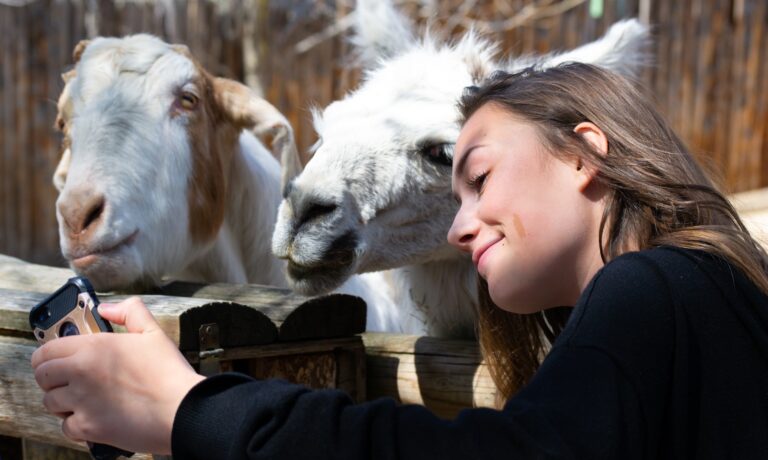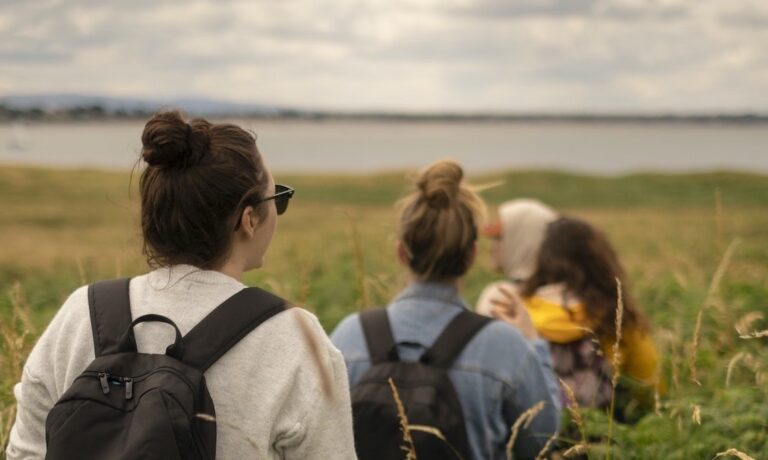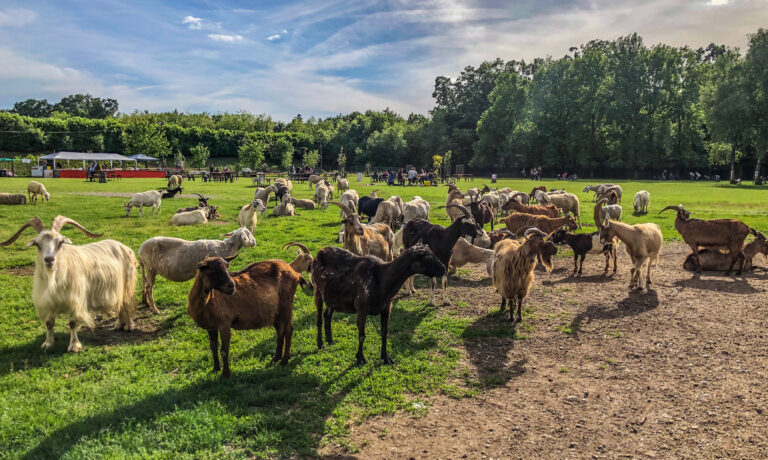Fotovoltaico sostenibile in Burundi
Improving access to energy and drinkable water in the province of Bubanza, Burundi.
Starting date
1 June 2022Duration
24 monthsRealized by:
Associazione ParmaalimentaObjectives
Granting the community of the province of Bubanza, Burundi access to solar energy and safe and affordable drinkable water. In an area where there is no drinking water, granting the local community access to a technology to purify water and make it drinkable that is based on renewable energy, adequate to the context and at a low cost.
Increasing the skills of a group of young women and men, training them to produce, install and maintain photovoltaic systems and manage drinking water purification plants.
Getting a large number of diverse actors involved in all the implementation phases, both in Italy and in Burundi, to promote a shared, sustainable, long-term development model.
Access to energy is a key prerequisite to improve social, economic and human development in Africa; the same is true for access to drinkable water and basic sanitation. The project will guarantee access to low-cost solar energy to distribute and purify water to the rural population of an area in Burundi. Small photovoltaic panels and systems will be installed to provide sufficient energy to power hydraulic pumps to extract waters from wells. This water will be made drinkable through a system of LED lamps emitting UVC rays, and then distributed in the surrounding inhabited areas.
Through training activities, young women and men will acquire the necessary competences to produce, install and maintain the implemented systems. This will foster their active participation ensuring long-term sustainability to the project and will provide them with skills they can use to find a job to improve their social condition and that of their community.
In Burundi per capita electricity consumption is among the lowest in the African continent and the electrification rate is extremely low, especially in rural areas, where it barely reaches 9.3%. Only 52% of the population in Burundi has access to drinkable water due to the chronic lack of wells and accessible and sustainable purification systems. Coupled with the high population density, this is one of the factors responsible for a cholera epidemic that has been affecting Burundi since mid 2019 and has already seen more than 1,000 cases, mostly in Bujumbura, the main city in the country.
The project will adopt a participative approach, getting various local actors involved and stimulating their active collaboration since the initial phases. The project does not provide assistance; rather it aims for the empowerment of local communities thanks to a replicable model for sustainable development.
Local organizations participating in the project:
The project is being implemented with CNR-IMEM, Parmaalimenta Burundi, the University of Burundi and many other local authorities. The activities are being carried out in agreement with the main Burundi Ministries (Energy, Public Health, Agriculture).



